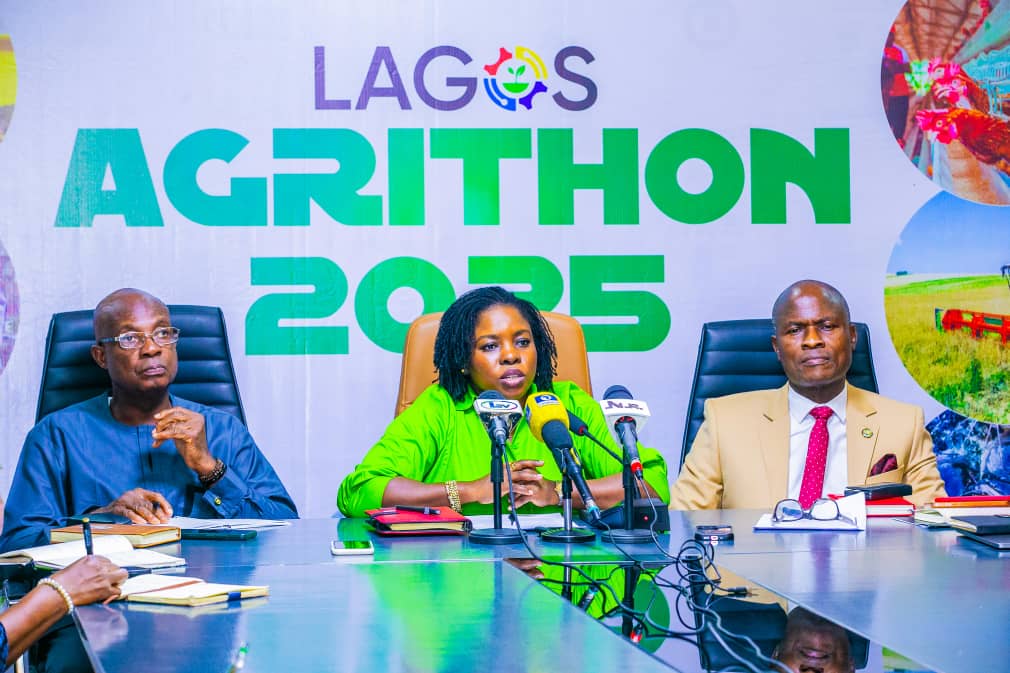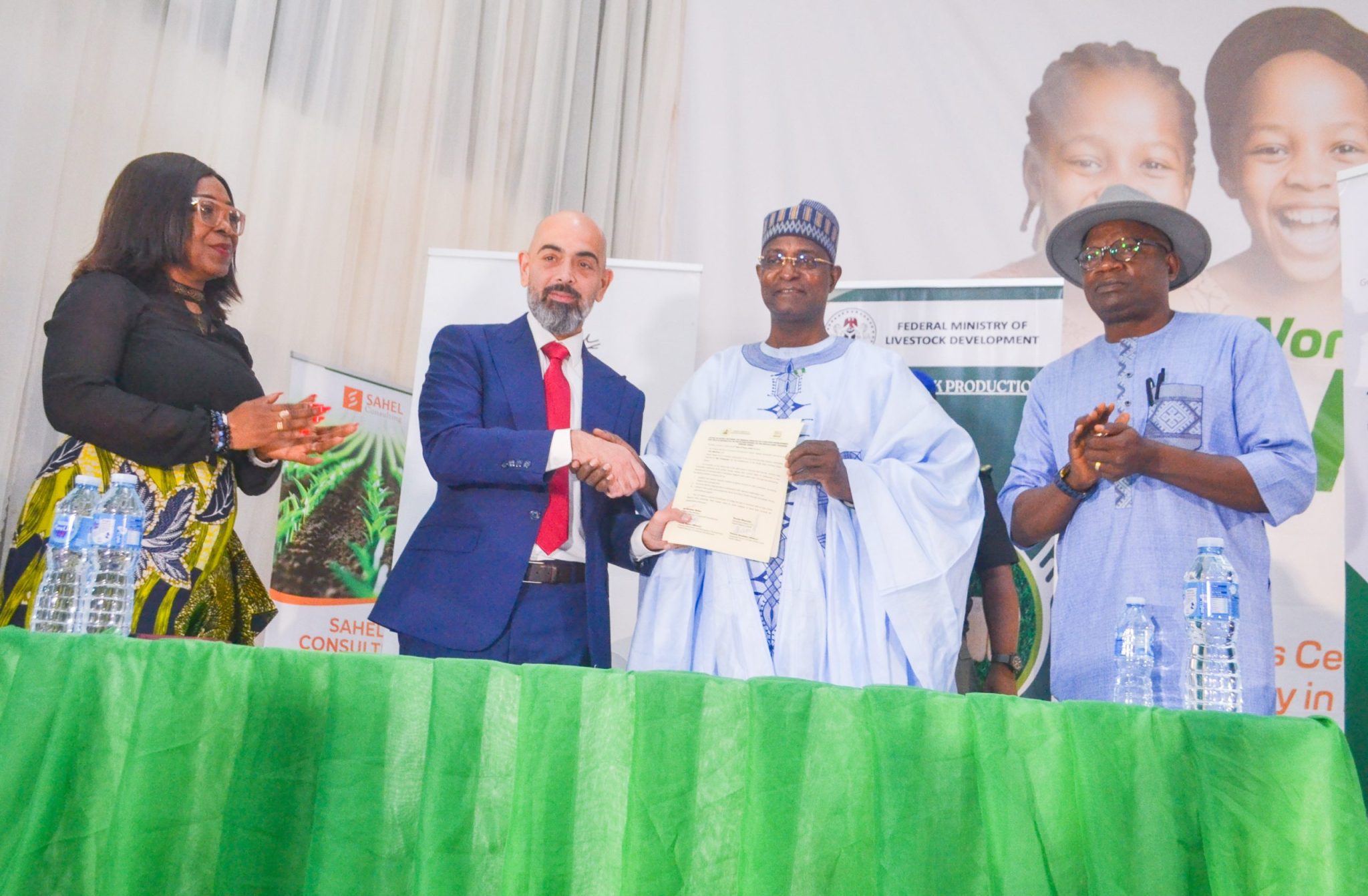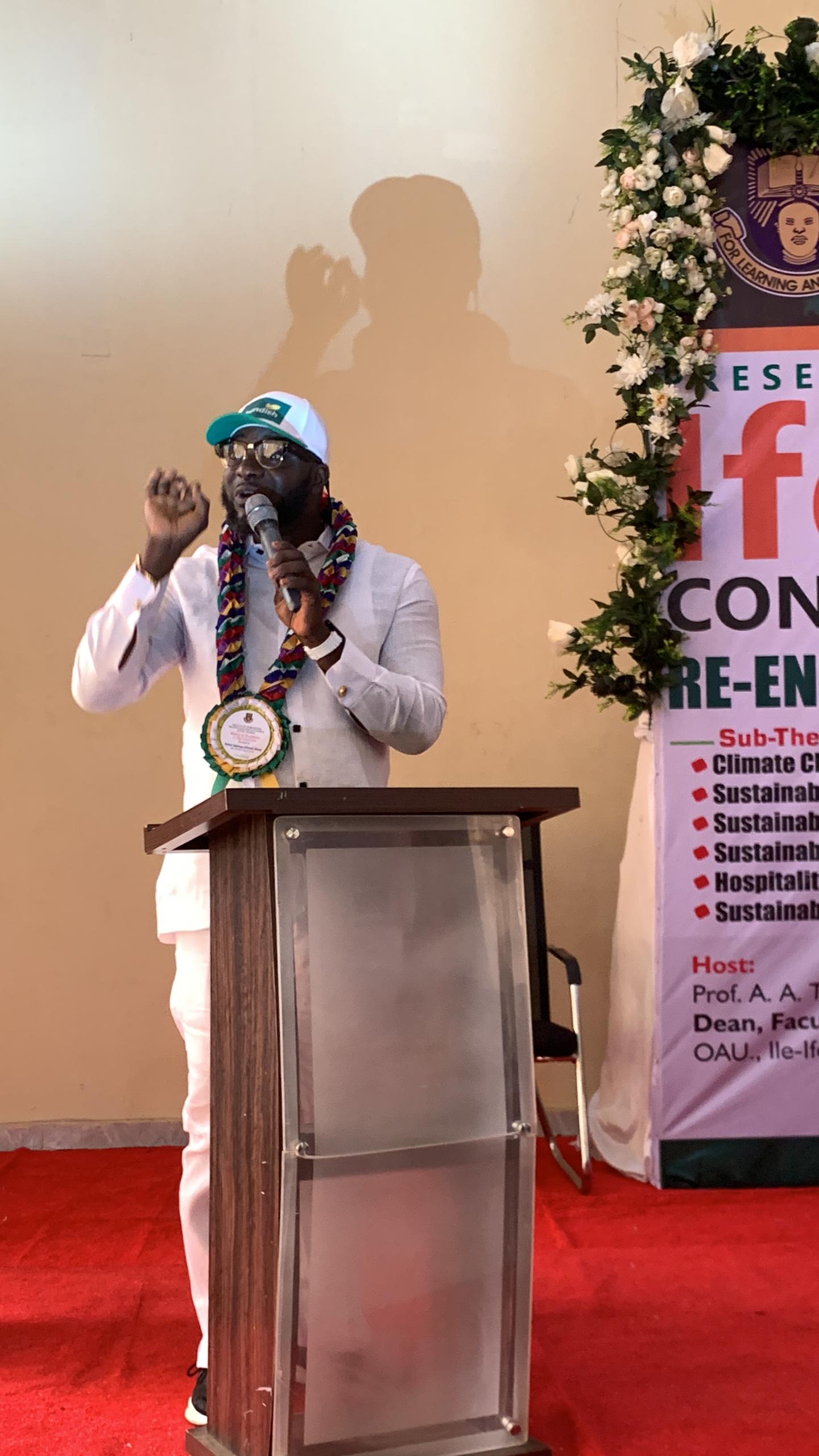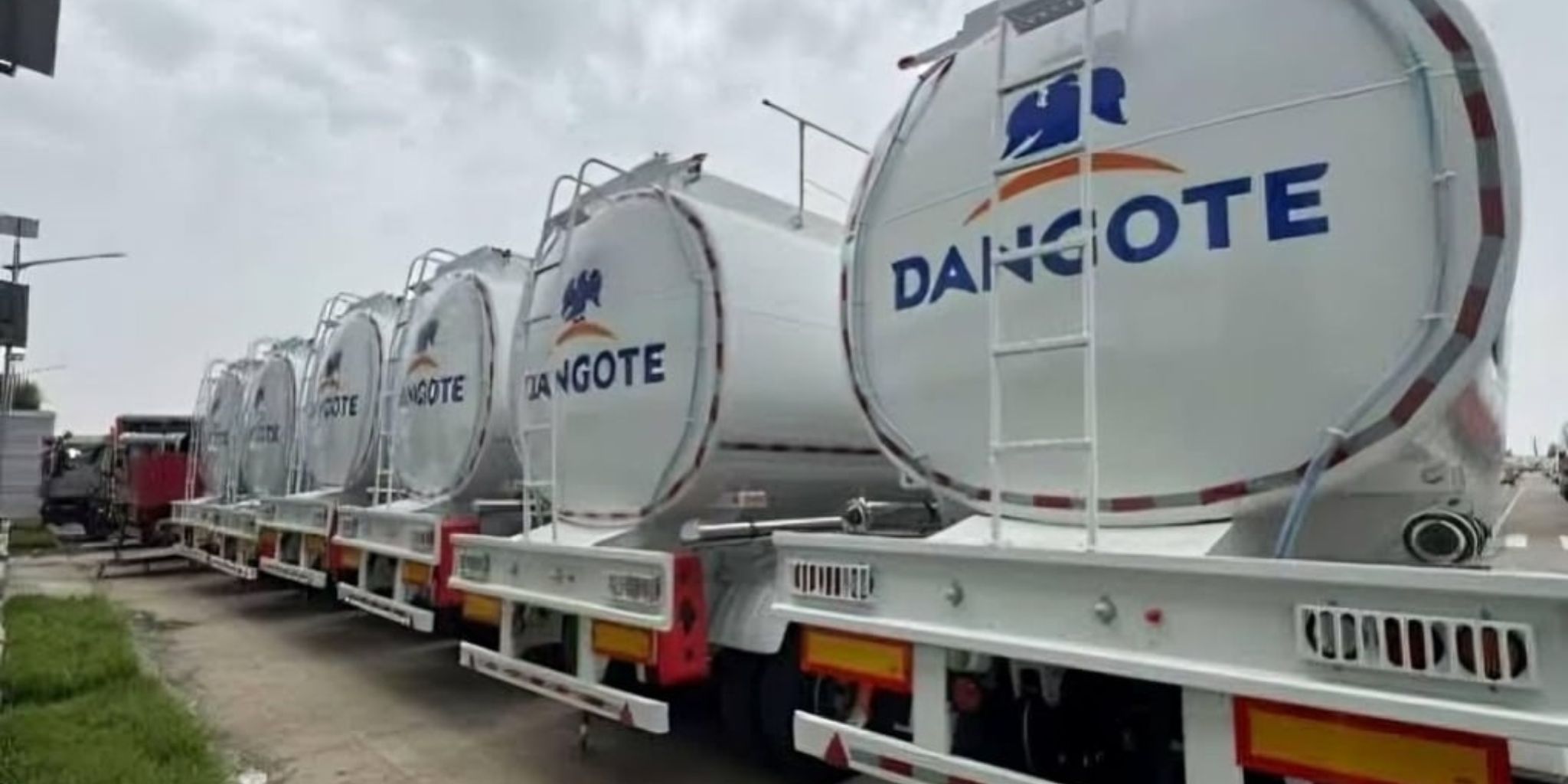Sasakawa Africa Association Outlines Digital Agriculture Benefits For Nigeria
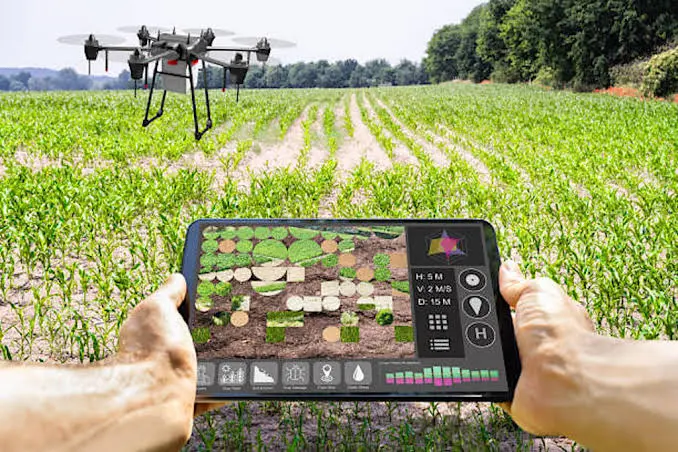
AKINSINDE ADEOLA OYINDAMOLA
Nigeria could spend a staggering $110 billion on food imports by 2025 if it does not strengthen its digital agricultural extension services, the Sasakawa Africa Association (SAA) has warned.
Dr. Godwin Atser, the SAA Country Director in Nigeria, raised this concern during the Annual Stakeholder Workshop in Abuja, emphasizing that continuous food importation is unsustainable and detrimental to the country’s economy.
Atser pointed out that Nigeria’s reliance on food imports is essentially an export of jobs, deepening economic challenges.
He stressed that low agricultural productivity, exacerbated by climate change, will only worsen the situation if immediate measures are not taken to modernize farming practices through digital technology.
The weak extension system, which should be a vital tool for transferring agricultural knowledge and innovations to farmers, remains a significant gap in Nigeria’s food production strategy.
In some states, extension services are virtually non-existent, leaving farmers without adequate support.
With over 90 percent of Nigeria’s population owning mobile phones and internet penetration growing across Africa, Atser pointed out the immense potential for digital technology to bridge this gap.
Digital agricultural extension services can provide farmers with timely and high-quality information, improving their productivity and livelihoods, he maintained.
He stressed that economies making strides in agricultural transformation prioritize technology transfer and adopt modern farming solutions.
Atser said in today’s rapidly evolving world, digital solutions are revolutionizing extension and advisory services.
These tools, he said, help bridge knowledge gaps, empower stakeholders, and ensure critical agricultural information reaches farmers in real time.
Digital platforms enable accessible, data-driven decision-making that enhances productivity and strengthens the agricultural value chain.
By leveraging mobile technology, artificial intelligence (AI), and real-time data analysis, farmers can receive crucial updates on climate conditions, pest control, and optimal farming techniques.
Atser highlighted AI’s growing role in global agriculture, noting that AI-driven tools can predict various factors affecting the sector, improving overall efficiency.
He urged Nigerian stakeholders to adopt these solutions to transform agriculture and reduce dependency on food imports.





